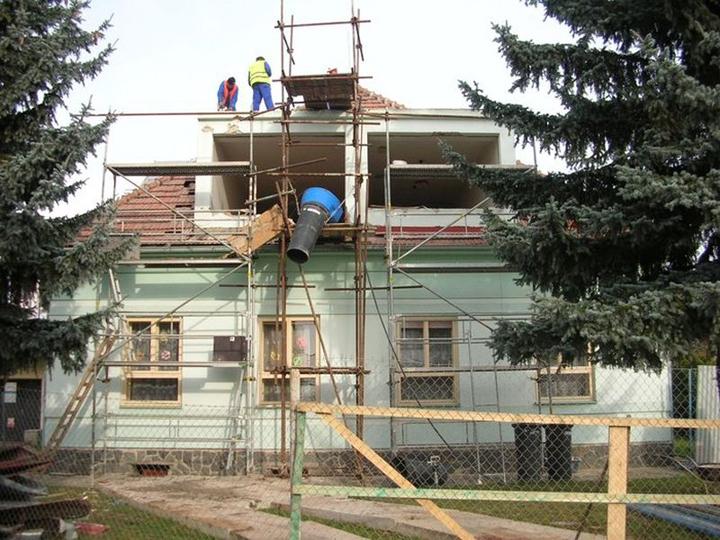Will professional fostering empty the Czech orphanages next year?

TV RTM reports that recently-approved Law No. 359 on the legal and social protection of children will take effect as of 2013 in the Czech Republic. Through this amendment, legislators have decided to replace institutional care for abandoned children with foster care. Over time, this means some orphanages may be at risk of losing their clients.
Up until now, social workers have placed children without caregivers or those from environments that put their development at risk into infants’ institutions and children’s homes (orphanages). Once the new law takes effect on 1 January 2013, such children should be placed into the temporary care of foster parents instead of into institutions. The children will live in these temporary arrangements until permanent guardians are found for them. Those guardians will be paid for their care-giving.
Should a large number of professional guardians develop in the Czech Republic, the number of children living in institutions will decline. However, there is the simultaneous risk that many people might become guardians more for the money than because they want to help. Both infants’ institutions and orphanages will evidently have to reduce their capacity.
"We are constantly hearing recently that children do not belong in institutions. Naturally, it would be ideal if all children grew up in harmonious families, but the reality is somewhat different. The children of alcoholic women, drug-addicted women, and prostitutes often end up in the infants’ institutions and orphanages. Children with serious medical disabilities are also placed in them. The question is whether professional guardians can take better care of them," Martina Rosenbergová, the Mayor of Liberec, told the TV RTM regional television station.
"I respect all foster parents who have dedicated their lives to helping children. They deserve our great admiration and thanks. However, I am concerned that people will be found whose notion of foster care or temporary foster care will be purely about making money. Unfortunately, it is not rare today for there to be cases of foster families taking in more children to access the state contributions," the mayor said.
The full article (in Czech only) can be found here.